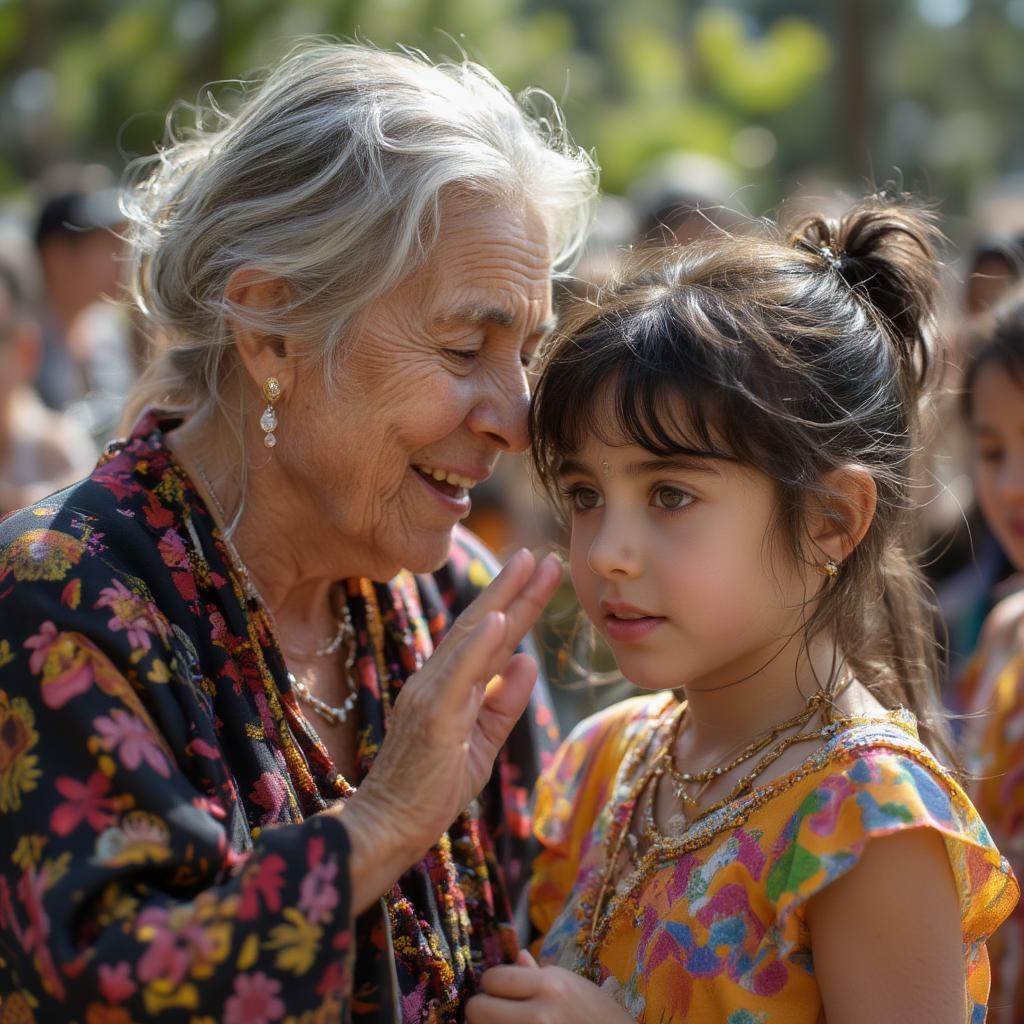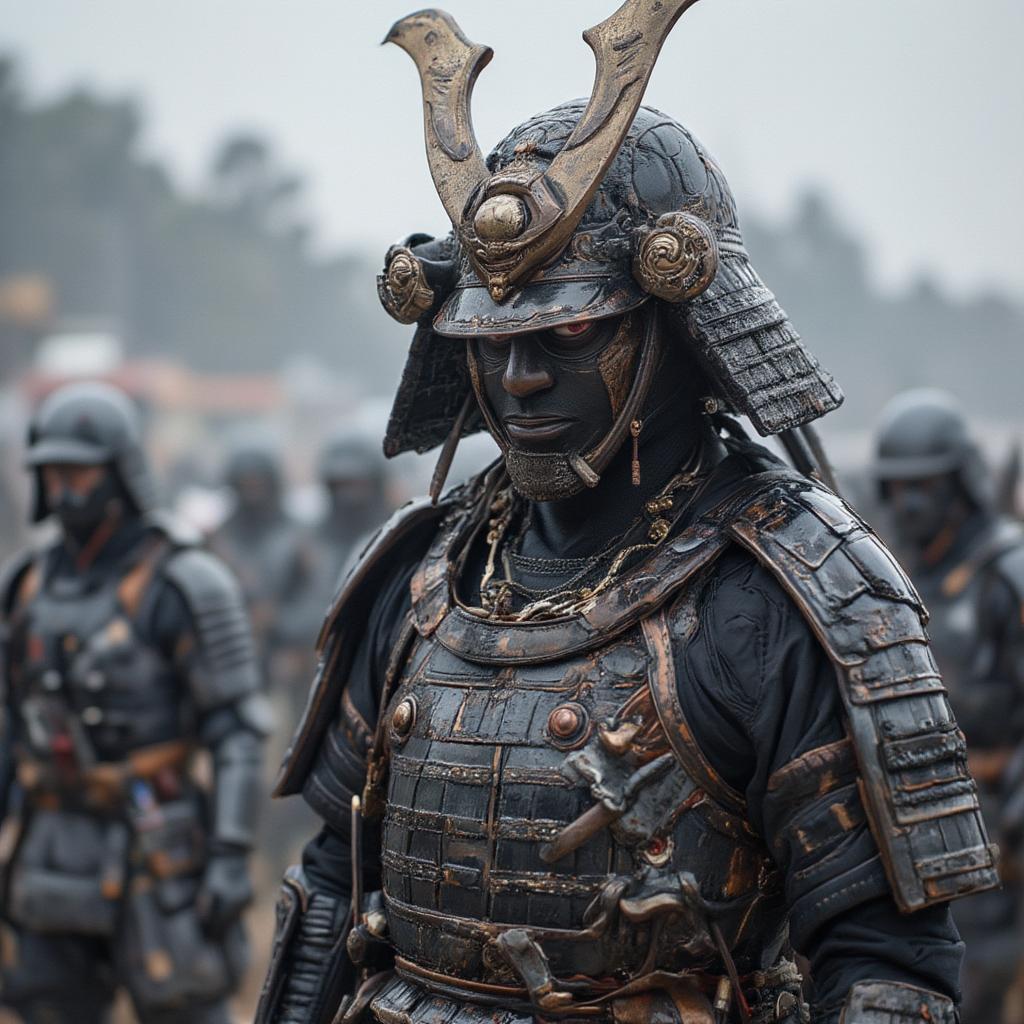Jug Jug Jiyo: Unveiling the Heartfelt Blessing and its Cultural Significance

“Jug Jug Jiyo,” a phrase resonating with warmth and goodwill, is more than just a simple wish; it’s a profound blessing rooted in South Asian culture. It’s a heartfelt invocation, wishing someone a long and prosperous life, often uttered during celebratory occasions and moments of joy. This expression embodies deep-seated cultural values and serves as a powerful testament to the importance of life, longevity, and good fortune.
What Does “Jug Jug Jiyo” Really Mean?
At its core, “jug jug jiyo” translates roughly to “live long, age after age,” or “may you live for ages.” The term “jug” in this context signifies an age or a long period of time, emphasizing a wish for an exceptionally long life, going far beyond the usual lifespan. It is a blessing laden with affection, typically given by elders to younger ones, or during significant events like weddings, birthdays, or religious festivals.
- A wish for longevity: The most prominent aspect of this blessing is the wish for a long life.
- A blessing for prosperity: “Jug jug jiyo” often also implies a hope for well-being, good health, and happiness throughout one’s life.
- A mark of respect: Using this phrase, particularly among elders, is a way of showing respect and giving blessings to someone younger.
- Cultural significance: It’s deeply embedded in South Asian traditions, making it a meaningful expression of love and care.
elderly person blessing a child with jug jug jiyo
The Origin and Roots of “Jug Jug Jiyo”
The precise origin of the phrase “jug jug jiyo” is challenging to pinpoint, but its roots are firmly planted in the rich tapestry of South Asian history and culture. It’s closely tied to the importance of family, community, and the blessings of elders in the subcontinent.
Historical Context
-
Vedic times: The concept of long life as a blessing can be traced back to ancient Vedic scriptures, where prayers and blessings for longevity were common.
-
Oral tradition: The phrase likely evolved through generations of oral tradition, passed down through families and communities.
-
Religious practices: Various religious rituals and ceremonies throughout South Asia emphasize seeking the blessings of elders for a long and healthy life.
Cultural Significance Across South Asia
-
India: Across various Indian states, the phrase or similar blessings are frequently used during significant life events.
-
Pakistan: It is prevalent, especially in the regions with strong cultural ties to India, echoing the same sentiment and importance.
-
Bangladesh: The phrase carries similar cultural weight in Bangladesh, reflecting a shared cultural heritage.
-
Nepal: In Nepal, “jug jug jiyo” is used with love and affection to bless young members in the family, echoing its core values of familial bonds.
When and How Is “Jug Jug Jiyo” Used?
The phrase “jug jug jiyo” is most often used in scenarios that involve blessings and good wishes for the future. It is more than just words; it’s a heartfelt expression with significant emotional undertones.
Celebratory Occasions
- Weddings: It is a common blessing given to the newly married couple, wishing them a long and happy life together.
- Birthdays: On birthdays, especially of children and younger relatives, the phrase serves to express good wishes and affection.
- Religious Festivals: During religious ceremonies and festivals, where blessings are sought for prosperity and happiness, “jug jug jiyo” is often uttered.
Moments of Support and Affection
- Blessings from elders: Grandparents, parents, and other elders frequently bestow this blessing upon younger members of the family.
- Words of encouragement: Even during regular moments, the phrase is sometimes used as a word of support and affection.
- Expressing hope: “Jug jug jiyo” is often used in contexts where expressing hope for a bright and prosperous future is essential.
“There is so much power in the words we use, especially when they are imbued with love and good intentions, like ‘jug jug jiyo’. It goes beyond a simple wish; it’s an ancestral blessing that seeks to empower the individual with longevity, prosperity, and deep connection to their heritage.” – Dr. Priya Sharma, PhD in South Asian Studies and Cultural Anthropology
The Emotional Weight of “Jug Jug Jiyo”
Beyond its literal translation, “jug jug jiyo” carries considerable emotional and cultural weight. It’s an expression that embodies love, care, and the deep-rooted values of South Asian communities.
Love and Affection
- Family bonds: The phrase is a symbol of the deep emotional bonds within families, especially between generations.
- Community spirit: It reflects the community-oriented nature of South Asian cultures, where well-being and prosperity are shared goals.
- Heartfelt expression: It is a genuine, heartfelt expression of care, often used during moments that deeply touch the heart.
Hope and Good Wishes
- Positive affirmation: The phrase acts as a powerful positive affirmation, wishing the recipient a life full of joy and good fortune.
- Cultural significance: It carries the weight of cultural traditions and rituals, giving it deeper meaning.
- Symbol of hope: “Jug jug jiyo” is a symbol of hope for a bright future, laden with blessings and prosperity.
Variations and Similar Expressions
While “jug jug jiyo” is a common phrase, many variations and similar expressions convey the same message of long life and good fortune across South Asia. These variations often reflect regional dialects and specific cultural nuances.
Regional Dialects
- Hindi Variations: In Hindi-speaking regions, similar blessings include “jeete raho,” meaning “live long,” and “khush raho,” meaning “be happy.”
- Punjabi Variations: In Punjab, “jiyunda reh” which means “keep living” is a common blessing expressing good wishes.
- Urdu Variations: Urdu speakers might say “zinda raho,” also meaning “live long,” expressing similar heartfelt sentiments.
- Bengali Variations: “Benche thako” translates to “may you live well” and is used frequently in Bangladesh and the West Bengal region of India.
Similar Expressions
- “Aayushman Bhava”: This is a Sanskrit blessing meaning “may you have a long life,” reflecting similar sentiments and cultural significance.
- “Deerghayu Ho”: Another Sanskrit expression meaning “may you live long,” carrying a more formal and traditional connotation.
- Simple Blessings: Many simple blessings like “God bless you,” also serve a similar function, though without the rich cultural backdrop of “jug jug jiyo.”
“The power of blessings transcends language, it is felt in the intention and the delivery of it. Even though different cultures might express their blessings differently, the sentiment for good health, longevity and prosperity remain the same. It is what makes humanity beautiful.” – Aisha Khan, Multicultural studies and linguistic professor.
Why “Jug Jug Jiyo” Still Matters Today
In our increasingly globalized world, where traditional customs and expressions might seem to fade, “jug jug jiyo” continues to hold significant cultural and emotional weight. It stands as a testament to the importance of family, community, and the passing on of ancestral blessings.
Preserving Cultural Heritage
- Tradition: The phrase helps preserve cultural heritage, allowing young generations to connect with their roots.
- Emotional bonds: It plays a critical role in maintaining emotional bonds within families and communities.
- Cultural identity: “Jug jug jiyo” serves as a marker of cultural identity for those who use it.
Emotional Connection
- Intimacy: The phrase creates a sense of intimacy and emotional connection, especially when used among loved ones.
- Positive impact: Its positive energy and blessings resonate, impacting the recipient’s mood and outlook.
- Love and care: It communicates love, care, and support, strengthening relationships.
The Power of Blessing
- Positive energy: Uttering the phrase is believed to channel positive energy and good intentions towards the recipient.
- Hopeful: It imparts hope and encourages the recipient to lead a long, prosperous, and happy life.
- Cultural meaning: The blessings given through this phrase connect people to a rich history, laden with meaning and sentiment.

Conclusion
“Jug jug jiyo,” more than just a string of words, is a powerful blessing deeply rooted in South Asian traditions. It embodies the essence of hope, good wishes, and the deep emotional connections within families and communities. Its significance transcends mere linguistic meaning, becoming a cherished tradition passed down through generations. Whether used at weddings, birthdays, or regular moments of affection, “jug jug jiyo” continues to carry a powerful emotional resonance, reaffirming the timeless values of love, longevity, and prosperity.
Frequently Asked Questions about “Jug Jug Jiyo”
What is the literal translation of “jug jug jiyo”?
The phrase “jug jug jiyo” roughly translates to “live long, age after age,” or “may you live for ages” in English. It expresses a wish for an exceptionally long life.
Who typically uses the blessing “jug jug jiyo”?
This blessing is most often used by elders when they bless younger people, such as their children or grandchildren. It also used often at special occasions like weddings and birthdays.
Is “jug jug jiyo” specific to a particular religion or region?
While most common in South Asian cultures such as India, Pakistan, and Bangladesh, the blessing “jug jug jiyo” is not limited to any single religion. It is a cultural practice used across religious communities within these regions.
How does the phrase contribute to cultural heritage?
“Jug jug jiyo” plays a significant role in maintaining cultural identity, preserving tradition, and fostering emotional bonds within families and communities, contributing to its overall value in cultural heritage.
What is the emotional weight behind “jug jug jiyo”?
The phrase carries significant emotional weight, embodying feelings of love, care, and deep family ties. It is more than just a wish; it is a heartfelt expression of support and affection.
Are there variations of “jug jug jiyo”?
Yes, there are regional variations of this blessing, such as “jeete raho” in Hindi or “jiyunda reh” in Punjabi. These variations often convey the same message of long life and prosperity.
Can you explain the significance of blessing with “jug jug jiyo” at a wedding?
At weddings, “jug jug jiyo” is a way of blessing the newlyweds, wishing them a long, happy, and prosperous life together. It is a blessing that sets the tone of support and togetherness.
Why does it continue to be important in modern times?
Despite globalization, “jug jug jiyo” continues to connect families to their cultural heritage, acting as a symbol of positive energy and hopeful future, emphasizing important traditions.
What are similar blessings in other cultures?
Many cultures have expressions and blessings that convey similar wishes for long life and good fortune, often reflecting their own traditional and spiritual values, though lacking the cultural context of jug jug jiyo.



